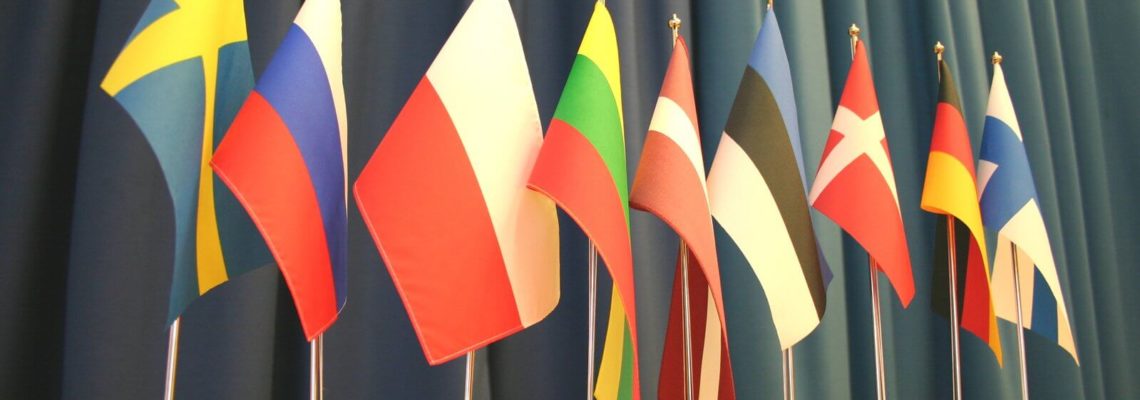Introduction
The new European Travel Information and Authorisation System is still under development and is expected to come into effect in early 2021. Similar to the American ESTA system, ETIAS involves electronic authorisation for current visa-free travellers, including the USA, Canada and Australia, to the European Union member states and the Schengen countries. The purpose of ETIAS is to increase security in Europe and screen visitors for potential security, criminal, terrorism or medical risks. Once introduced, ETIAS approval will be a mandatory requirement on all passports held by citizens of those countries that currently do not require any form of European visa or Schengen visa wishing to visit Europe.
Holders of passports without approval will be refused permission to travel at their point of departure.
Do Europeans Require ETIAS Approved Passports?
Under the proposed regulations European passport holders will not require approval and will still be able to move freely within the European zone. Currently this also applies to British citizens although this could very well change depending on the ongoing Brexit negotiations.
What about Schengen Visa Holders?
Intending travellers to any of the Schengen member states who currently enjoy visa-free travel will require a valid Schengen visa but not ETIAS approval. However, approved passports will be required for European countries outside the Schengen zone.
Personal Details Required
Application forms will be available solely online and require comprehensive personal details which will include:
- Name, address, gender, age
- Passport details
- Any criminal record
- Medical conditions and record
- Previous visits to Europe
- Place and date of intended destination(s)
The information and details supplied in the application will be checked against various European police and security databases such as EUROPOL and Interpol and, once approved, confirmed by email. According to the responsible agency, approval should be given or denied within minutes but a period of three days would seem more probable. Once granted, approval is valid for a period of five years or until the passport expiry date.
Access Denied!
For the vast majority of applicants ETIAS approval should be granted without problem but there are a number of grounds for refusal. All details given will be checked thoroughly and the most common reasons for denying approval include:
- Incorrect or false information
- Overstays on previous trips
- Criminal record
- Being on a police “wanted” list
- Potential health risk
Of these, the failure to correctly complete the application form or providing false or erroneous information is the biggest reason for a refusal and often due to the applicant’s lack of concentration rather than any intention to mislead.
Stronger Border Security for Schengen Visa Zone
Running parallel to the introduction of the ETIAS system in Europe is an upgrade in security measures within the Schengen area. Security agencies now collect detailed information on intending visitors from both the Schengen Information System (SIS) and the Visa Information System (VIS) and this information is taken into consideration when issuing a Schengen visa. The upgraded security system is intended to provide a detailed entry and exit log on visitors from outside the European Union and give more control over potential security breaches.
Many of the new security checks have already come into effect and resulted in delays at border crossings and a drop in visitor numbers. This, in turn, has led to a slight relaxing of the controls on some of the Schengen borders particularly those with Austria, France, Germany, Denmark and Sweden.
Despite these changes over two thirds of visitors to the Schengen area have complained of longer than usual delays at border crossings.
The future, and even the existence, of the Schengen visa system remains a political hot potato but proponents of the scheme see many advantages in maintaining this form of European visa including:
- Easier cross-border trading
- Increased tourism
- Better security
Almost 90% of visitors to the Schengen states cite holidays as the reason for travel with shopping and business trips trailing behind. Increasing the difficulty in obtaining a Schengen visa would impact negatively on these financially important sectors and has drawn criticism from many quarters.
Malaysia Reacts to ETIAS Introduction
The Malaysian Foreign Ministry has reacted with some coldness to the future implementation of ETIAS on its citizens. A recent WhatsApp message informing Malaysians that ETIAS approved passports will be required for European travel from 2020 went viral. While respecting the European Commission’ right to impose this new form of travel permission, the Foreign Ministry also stressed the importance of implementing the system “in a transparent and objective manner” and not to impinge on the privacy of Malaysian citizens or to discriminate against them. Prior to this development Malaysian passport holders did not require either a Schengen visa or any form of European visa. The announcement has caused consternation and concern in Malaysia for those intending to visit Europe in the near future.




